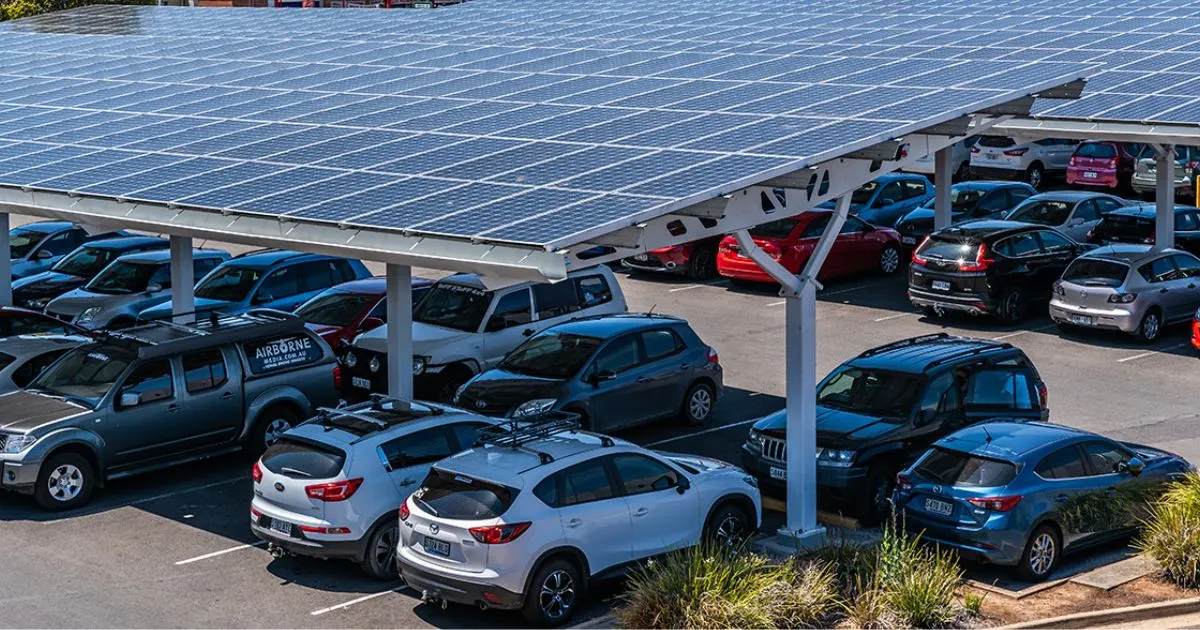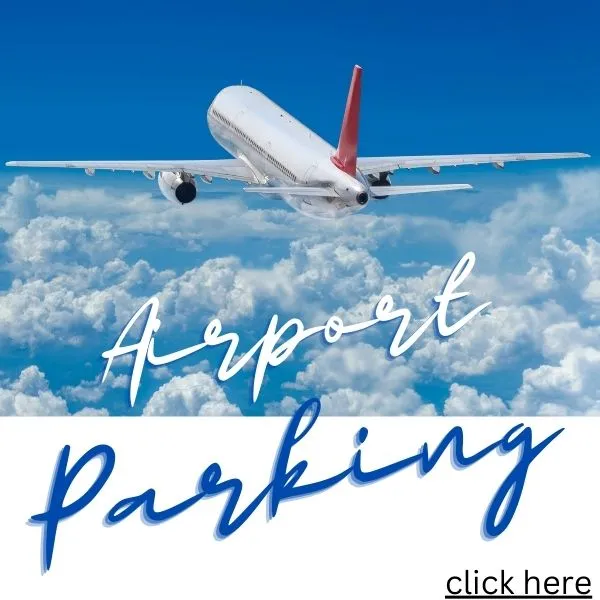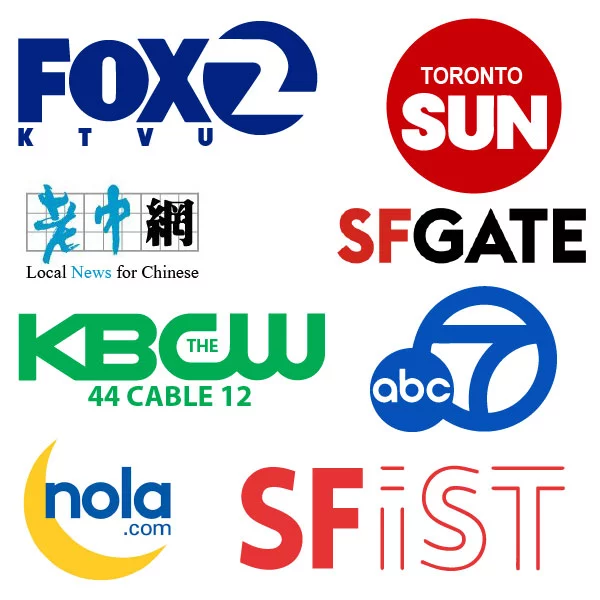Are Parking Lots Private Property? Understanding The Legalities And Implications

Parking lots are an integral part of our daily lives, providing necessary space for vehicles in urban and suburban areas alike. Whether at shopping centers, office buildings, or residential complexes, parking lots play a crucial role in urban infrastructure. However, the question often arises: Are parking lots considered private property? This blog explores the legal status of parking lots, the implications for drivers, and what you need to know when navigating these spaces.
What Defines Private Property?
Private property is defined as property owned by individuals or corporations rather than by the government. Ownership of private property grants the owner exclusive rights to use and manage the property as they see fit, within the bounds of the law. This can include residential homes, commercial buildings, and indeed, parking lots.
Parking Lots as Private Property
Most parking lots are indeed private property. They are typically owned by the business, organization, or individual who owns the adjacent building or land. For example:
- **Shopping Centers**: The parking lots are owned by the mall or shopping center management.
- **Office Buildings**: The building owner usually owns the associated parking facilities.
- **Residential Complexes**: Parking spaces are typically owned by the property owner or homeowners' association.
Because parking lots are private property, the owners have the right to set rules and regulations governing their use. This can include hours of operation, who is allowed to park there, and enforcement of parking restrictions.
Legal Implications for Drivers
Understanding that parking lots are private property has several legal implications for drivers:
1. **Parking Violations and Fines**: Private property owners can enforce their own parking rules and issue fines for violations. While these fines are not issued by the government, they can still be legally enforceable. Unpaid fines can lead to collection actions, and in some jurisdictions, they can even affect your credit score. For more details, check out this Choice article on private parking fines.
2. **Towing**: Property owners have the right to tow vehicles that are parked illegally or in violation of posted rules. This is often handled by contracting with a private towing company. The cost of retrieving a towed vehicle can be significant, and towing practices must comply with local laws. For insights on towing practices and legal considerations, visit the Parking Association website.
3. **Liability for Accidents**: Accidents that occur in parking lots are often treated differently than those on public roads. Since parking lots are private property, the property owner might bear some liability for accidents if it can be shown that they failed to maintain the lot properly (e.g., poor lighting, unclear signage). However, drivers still bear primary responsibility for driving safely. More information on handling parking lot accidents can be found on Drive.
4. **Enforcement of Private Property Rights**: Owners can enforce their property rights, including asking individuals to leave the premises or banning them from returning. This enforcement is usually done through private security or local law enforcement if necessary.
Public vs. Private Parking Lots
While most parking lots are private, some are public. Public parking lots are owned and maintained by government entities, such as city or county governments. These lots are typically subject to municipal parking regulations, and fines issued in these lots are enforceable by local authorities.
For example, parking lots at public parks, government buildings, and some street parking areas fall under this category. Violations in these areas are treated similarly to other public road infractions and can lead to official fines and penalties.
Practical Tips for Navigating Parking Lots
Given the varied ownership and rules of parking lots, here are some practical tips for drivers:
1. **Read the Signs**: Always check for posted signs indicating parking rules, fees, and restrictions. These signs provide essential information about where you can park and any penalties for violations.
2. **Pay Attention to Time Limits**: Many private parking lots have time limits to ensure turnover for customers or residents. Exceeding these limits can result in fines or towing.
3. **Keep Records**: If you receive a fine or are towed, keep all related documentation. This can help if you need to dispute a fine or address towing issues.
4. **Know Your Rights**: Familiarize yourself with local laws regarding parking on private property. This knowledge can be crucial if you ever need to contest a fine or handle a dispute with a property owner. Read Advocating For Your Right To Park Safely to get more awareness about your parking rights.
Conclusion
In summary, most parking lots are indeed private property, granting owners the right to enforce rules and regulations. Understanding the distinction between public and private parking lots is crucial for drivers to avoid fines, towing, and other legal issues. By staying informed and respectful of property rules, drivers can navigate parking lots with confidence and minimize potential conflicts. For further reading, explore these helpful resources on the subject:





